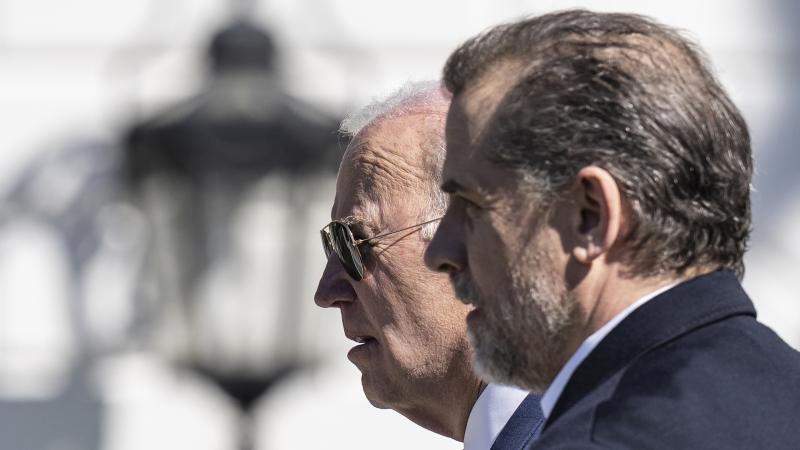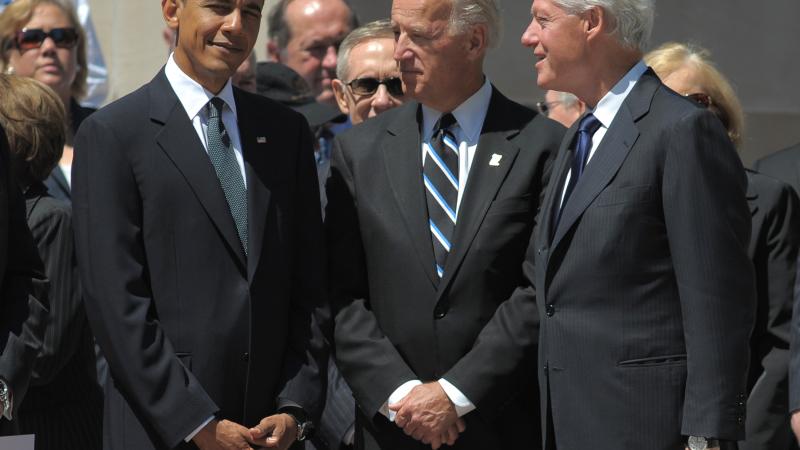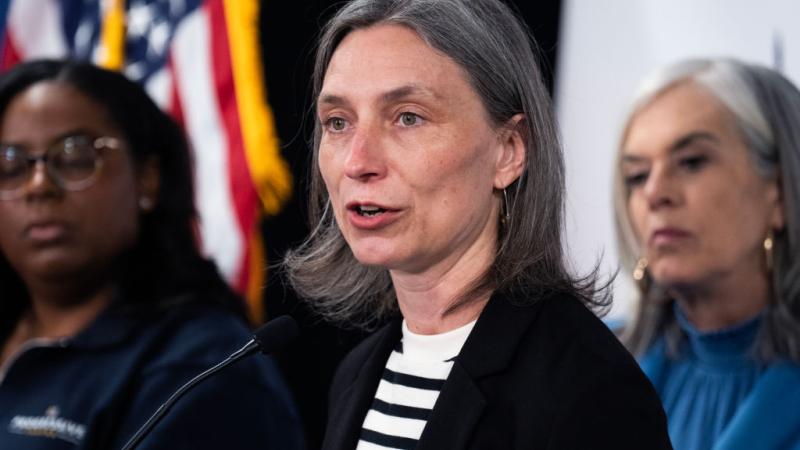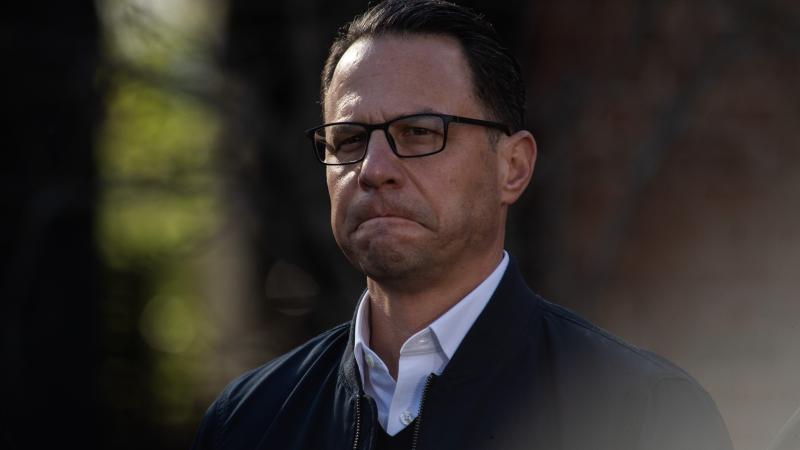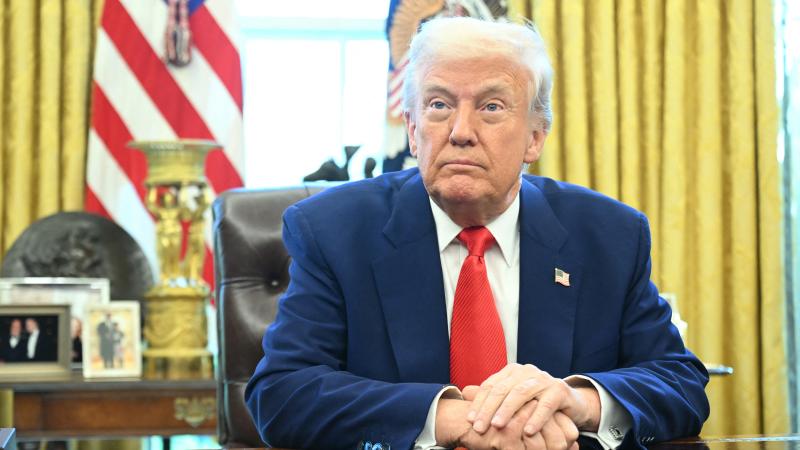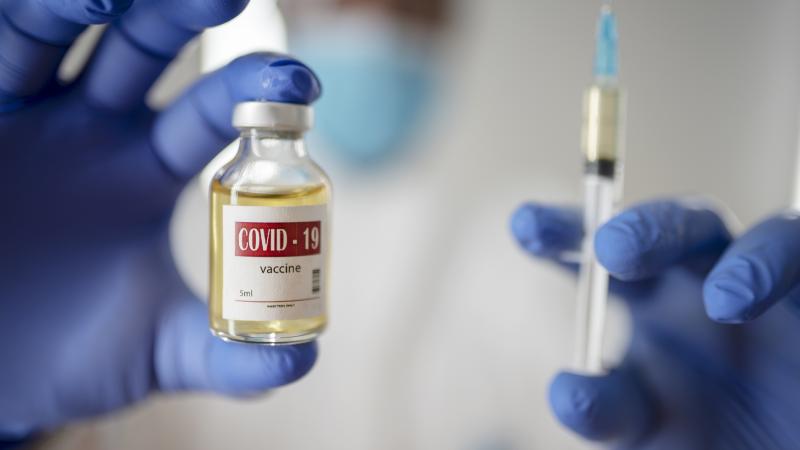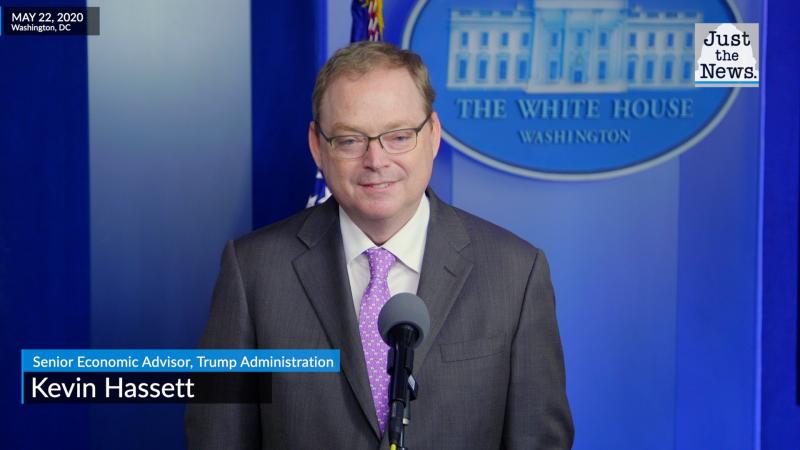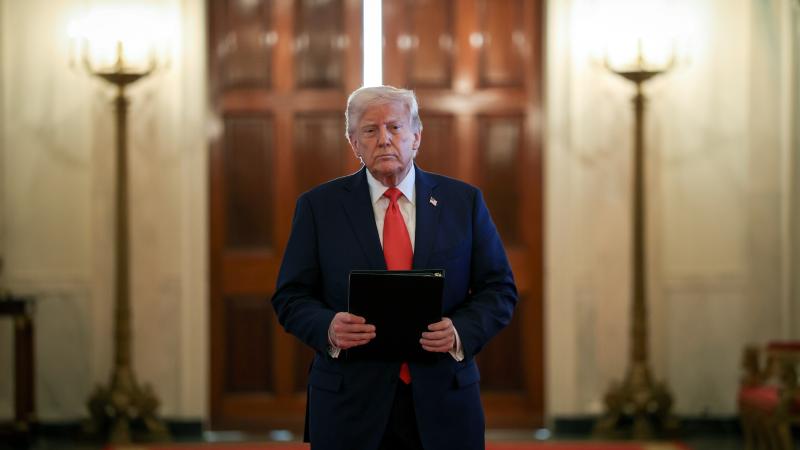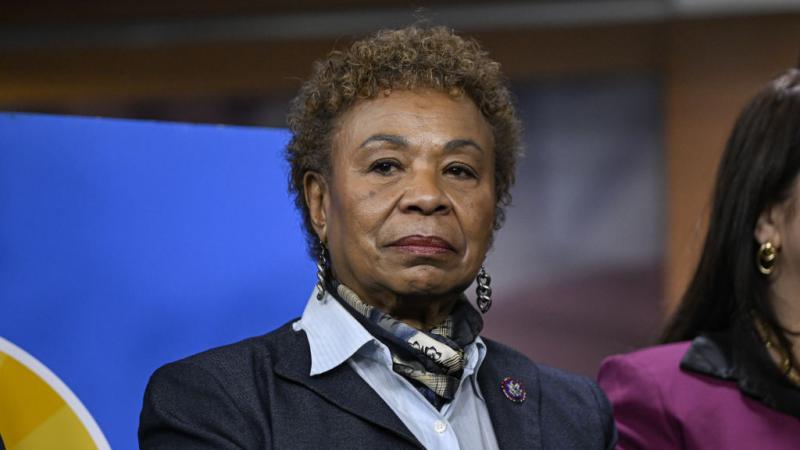Inspectors General deny claims that aid to Ukraine is a blank check and unaccountable
"Only 20 percent of the funding is going directly to the Ukrainian government in the form of direct budgetary assistance," said House Foreign Affairs Committee Chairman Mike McCaul (R-Tx.)
A hearing was held in Washington on Wednesday by the House Foreign Affairs Committee on aid to Ukraine. The witnesses were from the Office of Inspector General from each of the three agencies that are most directly involved in distributing the tens of billions of dollars of American support: the Departments of State and Defense, and the U.S. Agency for International Development.
In his opening remarks, Chairman Mike McCaul (R-Tx.), stated, "To be clear, I do not conduct this oversight to undermine or question the importance of support for Ukraine, but rather — to the contrary — oversight should incentivize the administration and Ukraine to use funds from Congress with the highest degree of efficiency and effectiveness."
McCaul further said that "Of the $113 billion appropriated across four supplementals, approximately 60 percent is going to American troops, American workers, and to modernizing American stockpiles," and that "In fact, only 20 percent of the funding is going directly to the Ukrainian government in the form of direct budgetary assistance."
"As required by law," he added, "these funds are only disbursed to the Ukraine following verification that the money is spent on approved items and activities" and that they are subject to monitoring by Deloitte, which was recruited as an independent third party to oversee the use of the funds spent in Ukraine.
The Inspectors General from the three agencies denied claims that Ukraine is receiving a blank check, saying they have not found any instances of fraud or misuse of U.S aid to Ukraine, and that they had put in place the necessary controls against corruption.
"While I cannot afford ongoing investigations, based on our completed work we have not substantiated any incidences of urgent US security assistance" said DOD Inspector General Robert Storch at the hearing.
"Can you give us assurance that none of that money that's being sent to arguably one of the most, if not the most, corrupt country on the planet is being misused, misspent, lost?" Congressman Scott Perry (R-Pa.) asked, according to ABC News. "What assurance can you give the American people?”
"What I've testified to, congressman, is that based on our completed work, we have not substantiated any instances of diversion of U.S. security," Storch answered.
Nicole Angarella, the Acting Deputy Inspector General of USAID said, "Once expenditures are made, and they are determined to be eligible by the Government of Ukraine, they're then submitted to the World Bank, and the World Bank reviews those expenditures for eligibility as the trustee."
As for assistance, Angarella said, "Since the start of Russia's invasion, USAID has been the primary agency providing non-security assistance to Ukraine. This includes $22.9 billion appropriated in direct budget support, more than $1.4 billion in humanitarian assistance, and more than $800 million in development assistance."
The IGs established a fraud alert system to oversee their $22.9 billion in non-security assistance to Ukraine. Shortly after its issuance, a major U.S. contractor in Ukraine reported an allegation of collusive bidding, according to Angarella. There have since been 178 reports of fraud to date, a 556% increase from the previous 11-month period.
Angarella attributes this increase in reporting to their outreach project working.
This hearing was held one day after Chairman of the Joint Chiefs of Staff Gen. Mark Milley told Congress that the United States has "some means" of ensuring accountability for U.S. and NATO weapons in Ukraine, but "it is not as rigorous as you might think."
Looking forward, USAID and its OIG claim to have 22 planned and ongoing oversight projects related to Ukraine.


